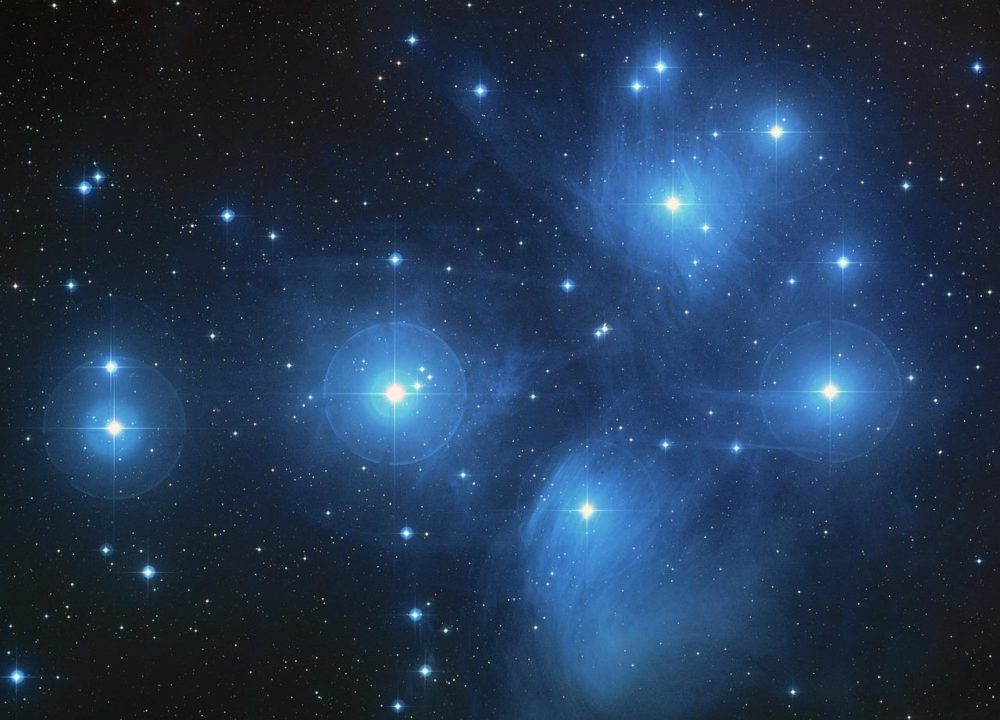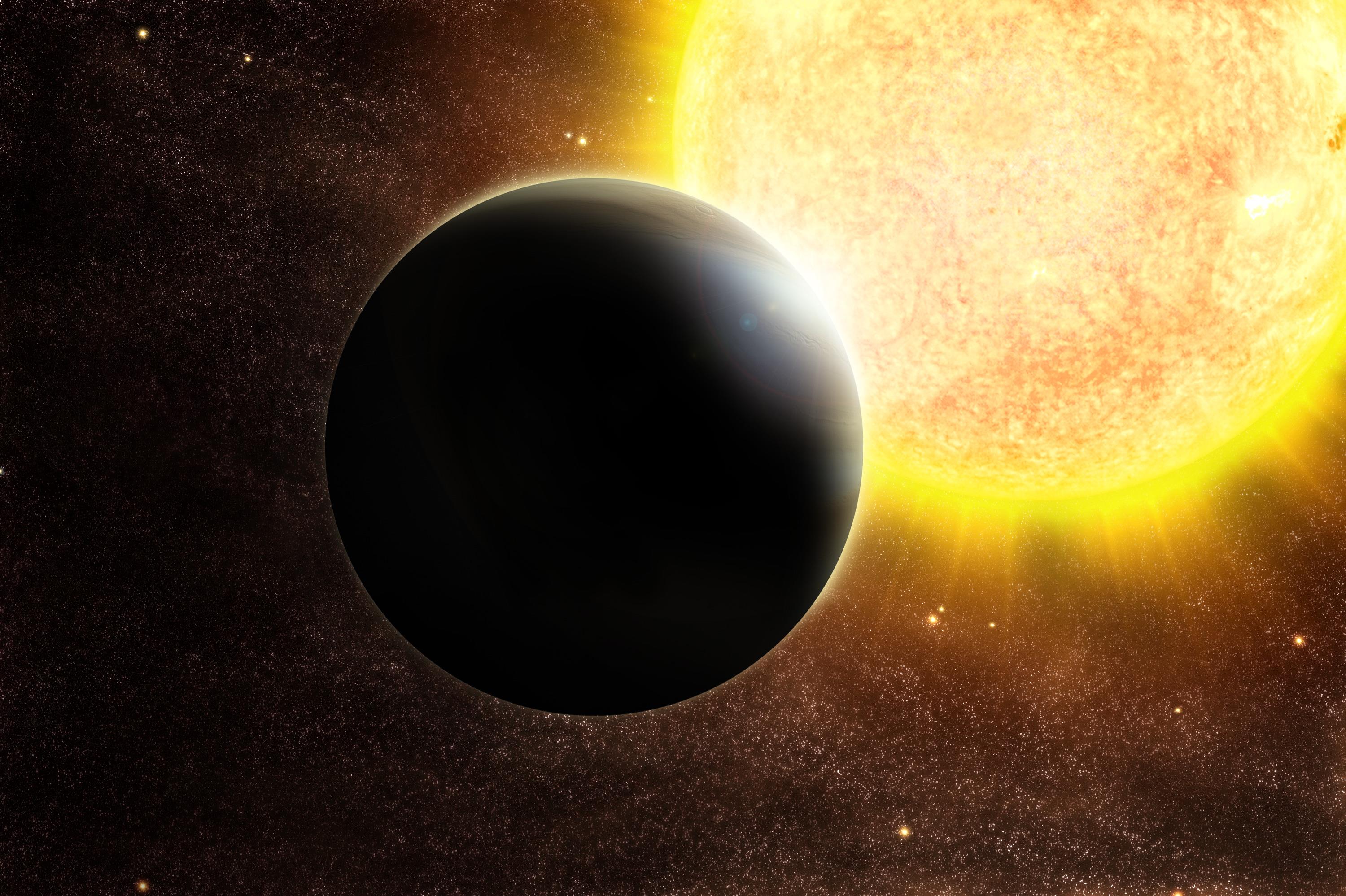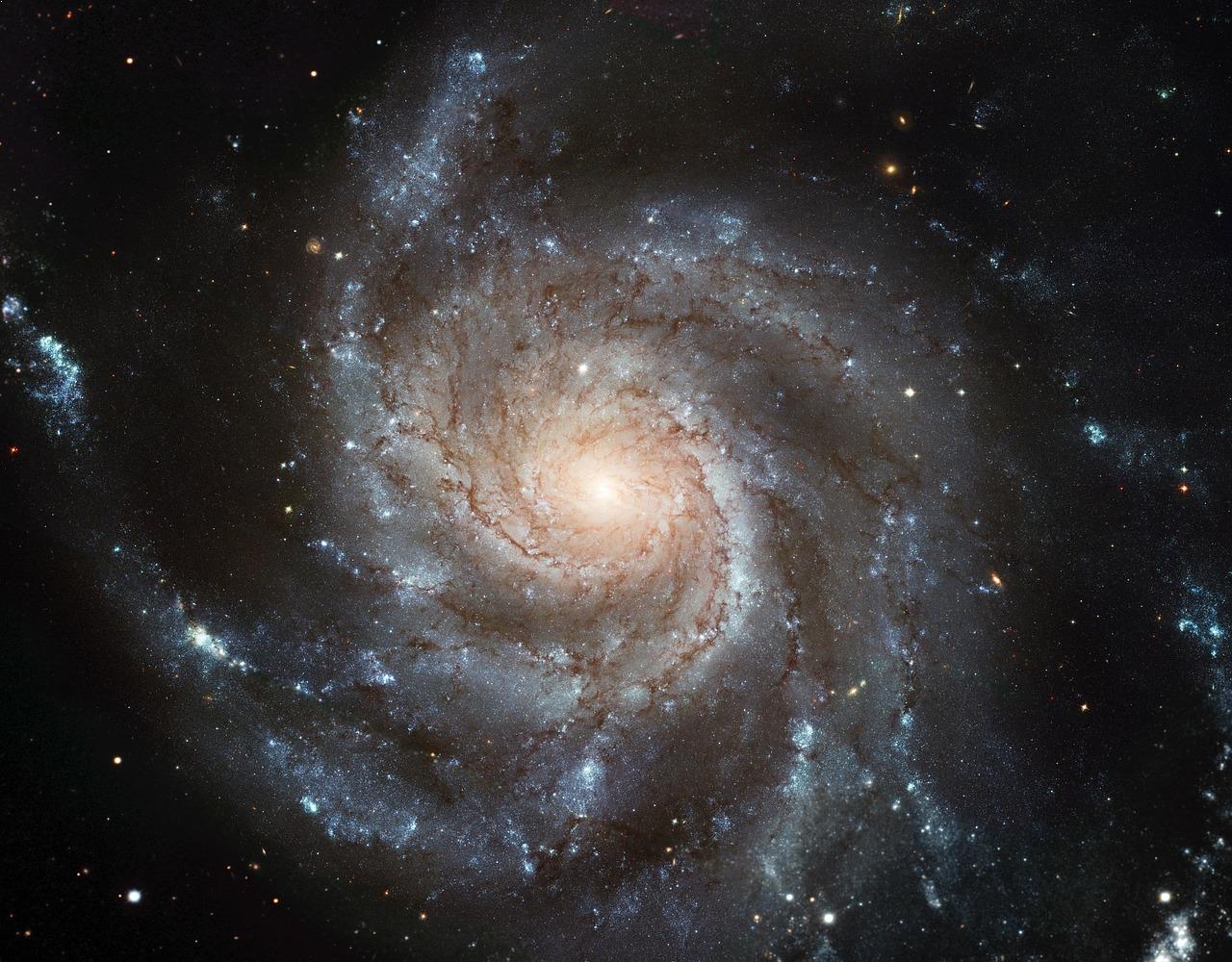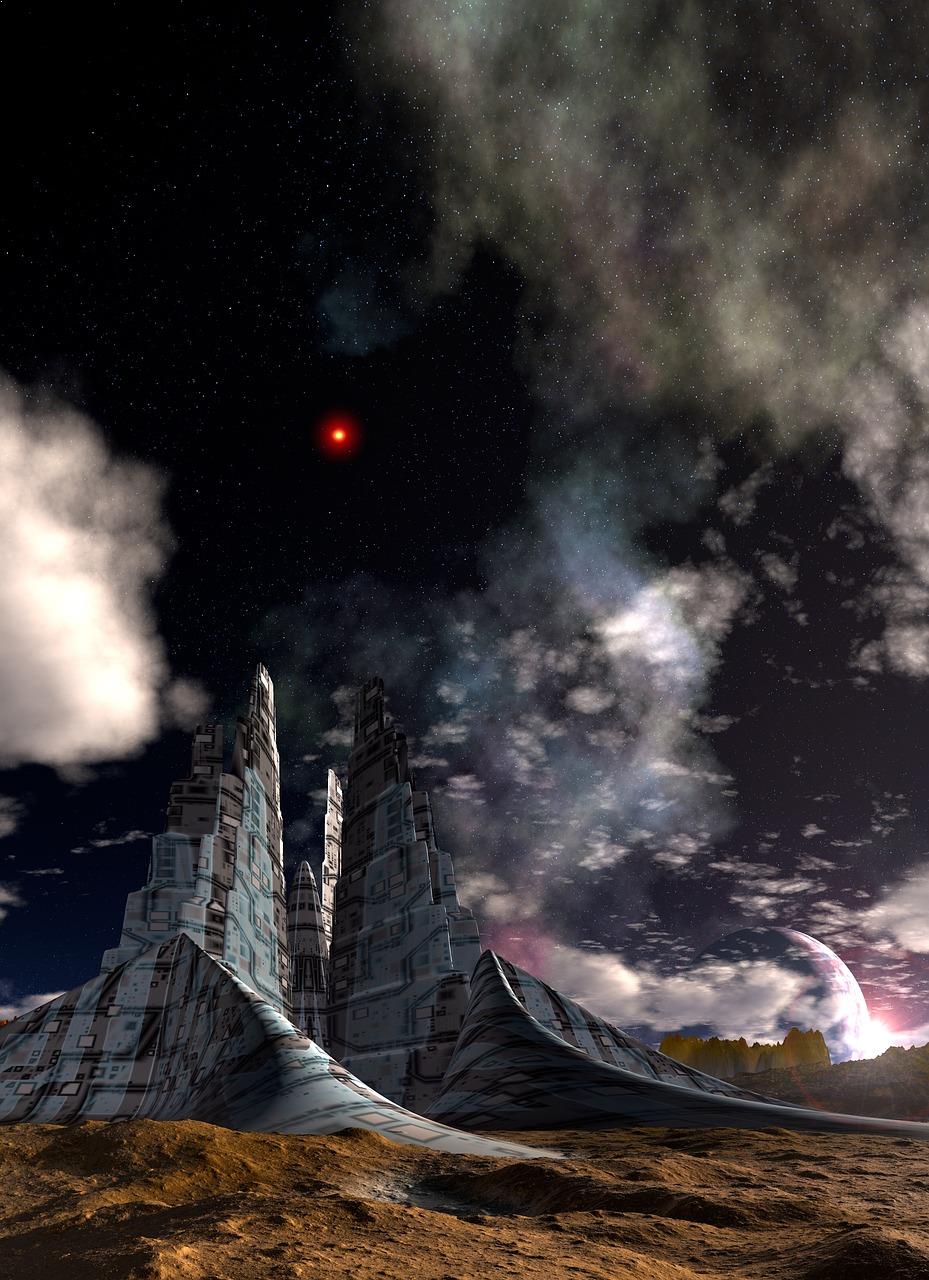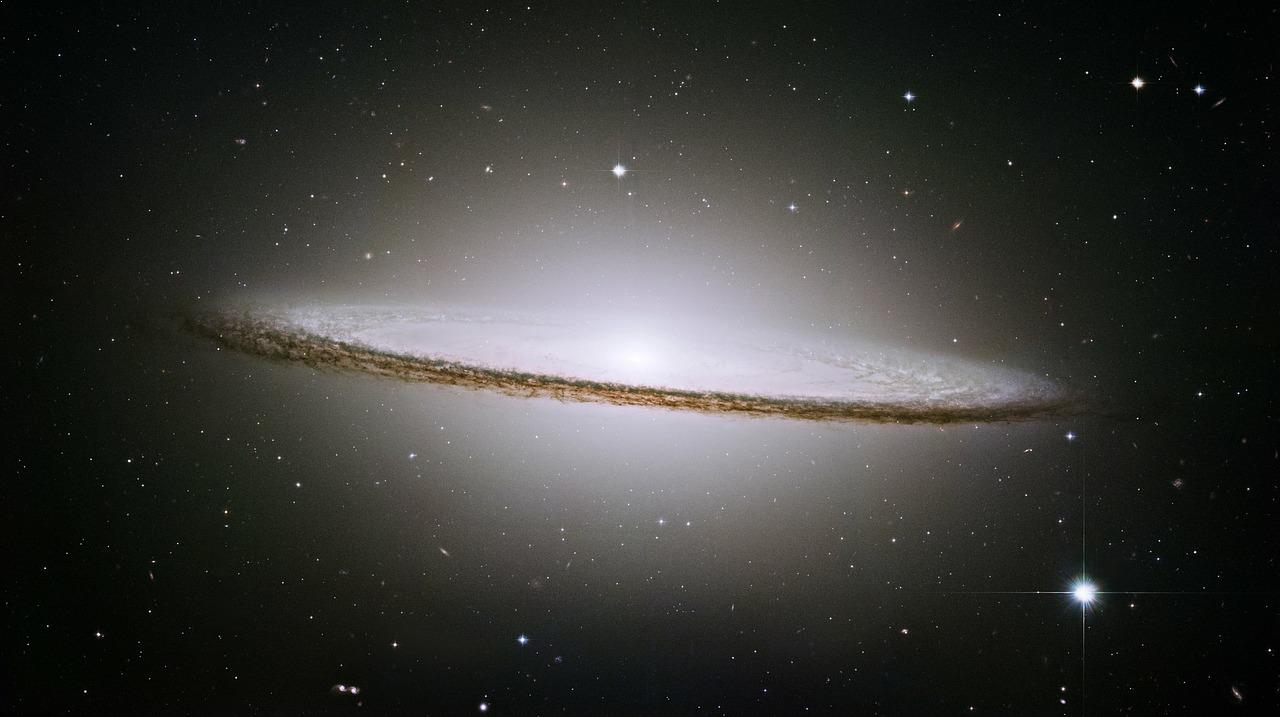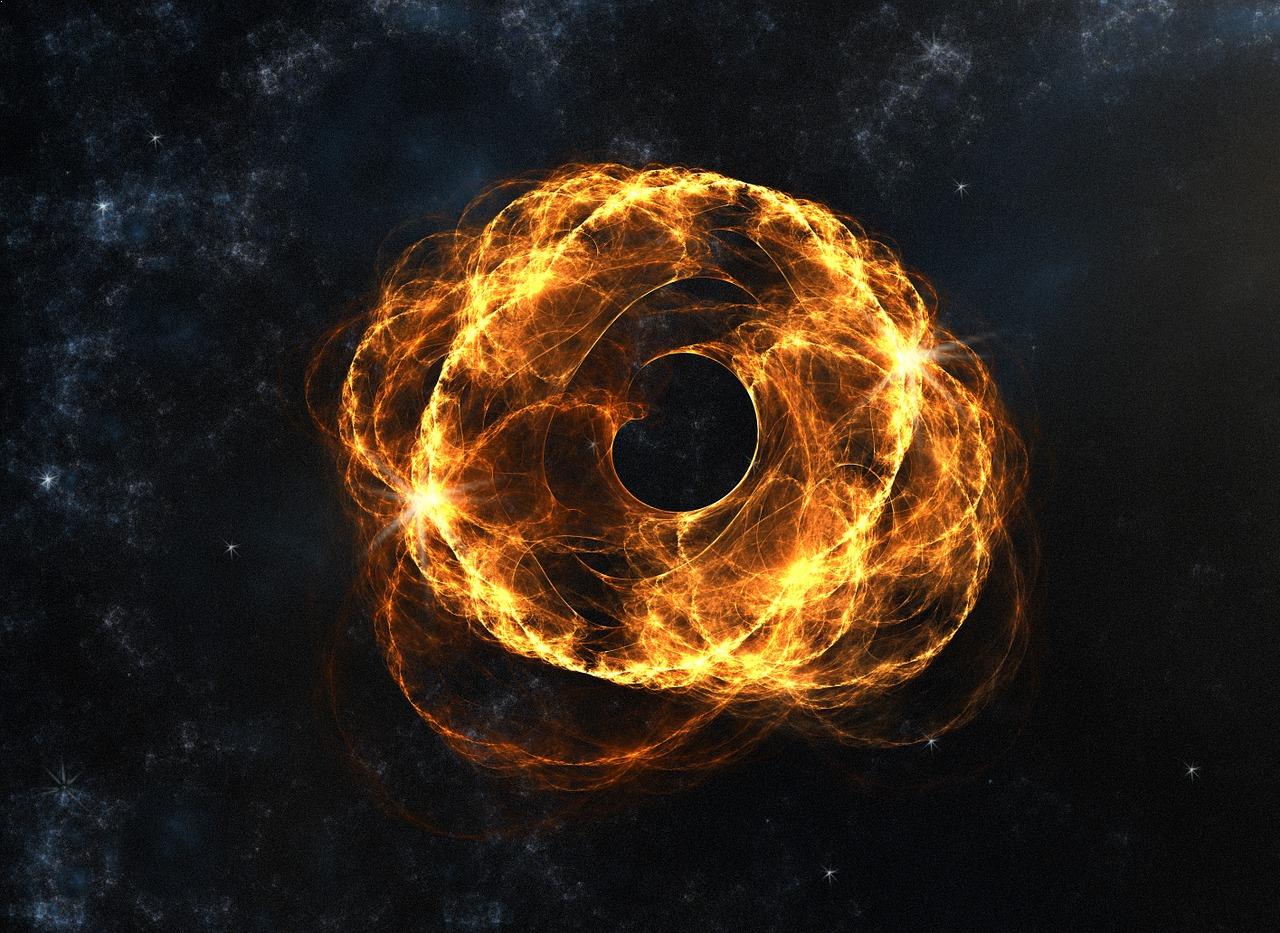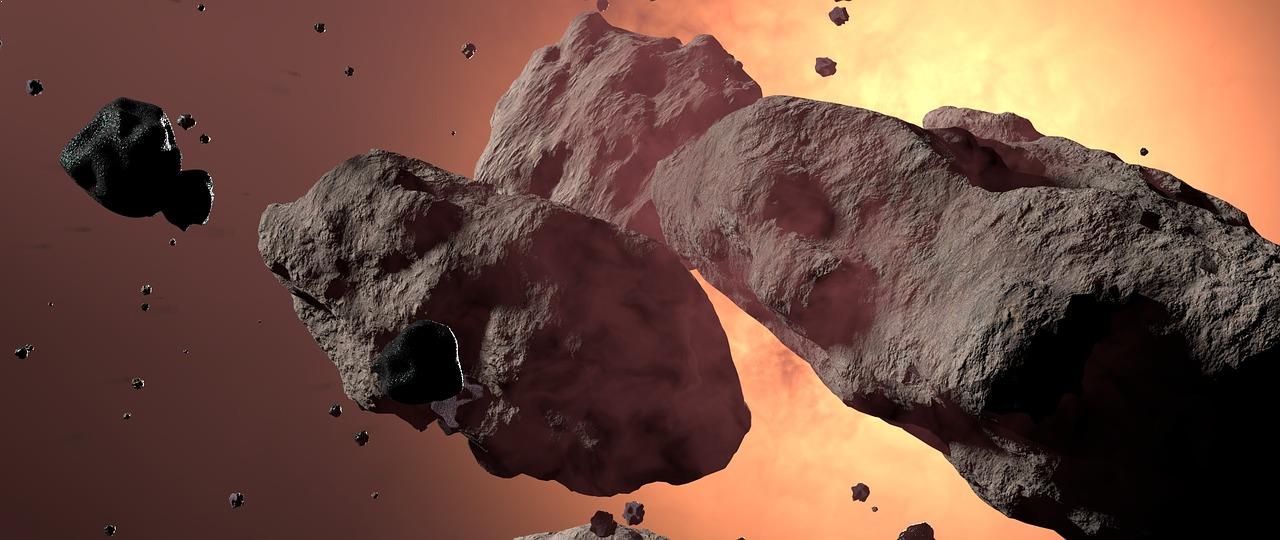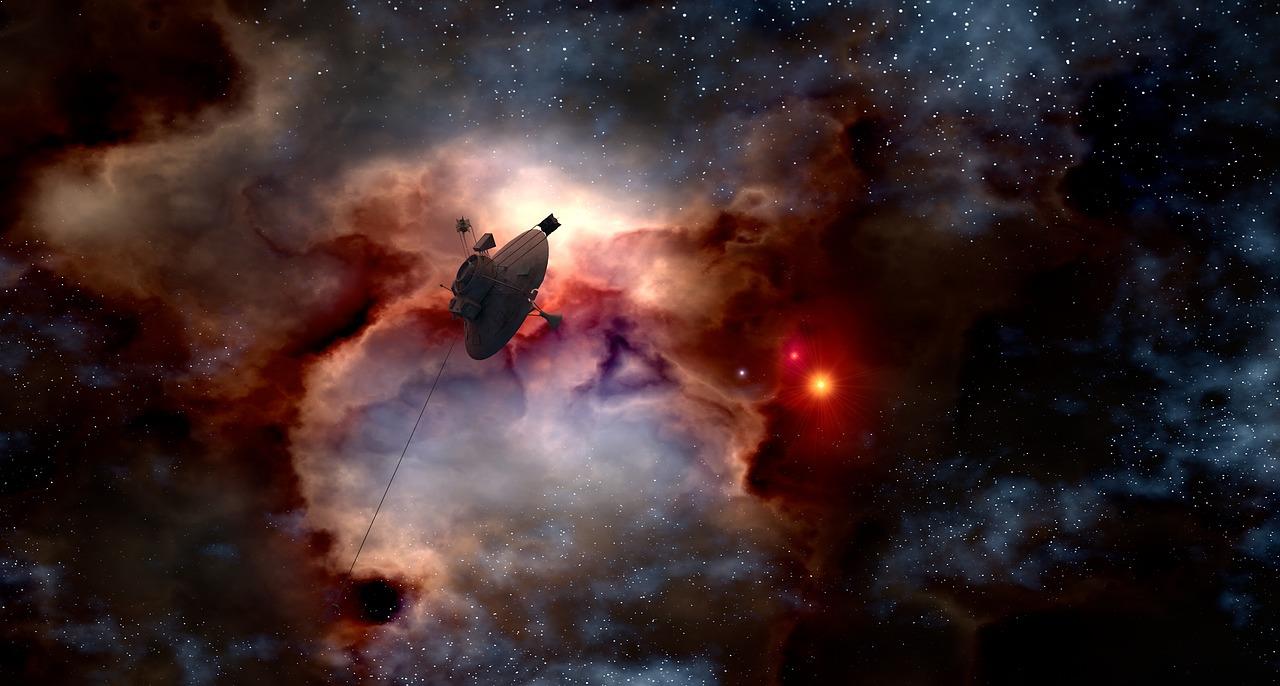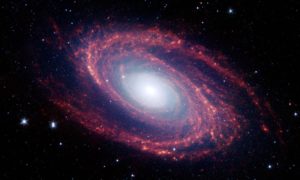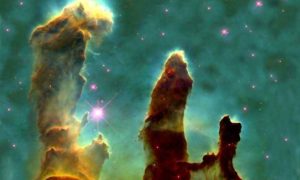The undiscovered ends of the universe are a great source of fascination not just for the academics but also for common people. Perhaps this is the reason why there are so many movies and novels playing out different scenarios related to space discoveries. Space exploration has helped us discover many things related to the universe we live in and here are the 10 most amazing space discoveries made by humans.
Amazing Space Discoveries
1. Exo-planets
Exoplanets are planets in the universe that orbit stars other than the Sun of our Solar System. This space discovery is fairly recent since, for many millennia, people believed that the Earth was the only planet. When the heliocentric model of the Earth was accepted, it was still unknown that other planets existed outside the Solar System. The discovery of exo-planets opened u the avenue for further space exploration and triggered people’s interest in going beyond the solar system.
Image Source: Wikimedia
2. Stars
The discovery of stars is very ancient and their use in navigation and timekeeping has been well documented in almost all civilizations in the world. Though people did not know the chemical makeup and exact distance of stars from the Earth, they understood very well the correlation between stars and direction which is no small space discovery. It has helped adventurers reach new places and was especially important in navigating at sea since no other visible landmarks were available nearby.
Related: Top 10 Theories About Dark Energy
3. Black Holes
Black holes are one of the recent space discoveries and their nature, characteristics and composition are still not fully known. Black holes are regions in space with a high gravitational pull that occur after the death of a star. Their gravitational pull is so high that not even light can escape, thus making them appear black. There are theories that suggest black holes could be openings to new dimensions but we do not have enough technology to either prove or disprove this claim. Black holes cannot be ‘seen’ since they do not emit or reflect light, but their presence is known since other objects around them react to the high gravitational pull exerted by it.
4. Galaxies
The concept of a galaxy opened up the universe to further study since we now have an idea of how the universe is organized. When scientists realized that the Earth is not the only entity in space but is one of many planets orbiting the Sun, they ventured deeper into space and found out that it is even bigger than previously thought. There are many galaxies in the universe like The Milky Way galaxy, in which our solar system is located, is only one of the millions of such galaxies in the universe. This has given impetus to the theory that there may be life on planets other than the Earth.
5. Alien Life
Though there has not been any verified proof of the existence of alien life, over the years, many alleged alien sightings have been reported throughout the world. Humans have a strange fascination with life outside Earth and we have spent a considerable amount of resources trying to find out if this is true. Some data shows that there may be microorganisms in stasis in ice outside the Earth, but this has not yet been backed by a majority of scientists in the world nor is the data concrete enough to count this as substantive proof. If proven, however, this could turn out to be one of the most exciting space discoveries ever.
6. Ice Space
The temperature in Space is more than 270 degrees below zero and this leads to the formation of ice even on other planets. What makes space discoveries especially exciting is that fact ice on other planets may indicate the presence of water in some form and this raises the possibility of life on other planets. Though compounds other than water may also form ice, it is most likely that such components may be conducive to sustaining life. Some life forms may also lie dormant in the ice waiting for the right environmental conditions to proliferate.
7. Dark Energy and Dark Matter
The concepts of dark matter and dark energy and still not completely understood by the scientific community and a large amount of information is still unavailable due to technical limitations. However, it is known that dark matter accelerates the expansion of the universe. The big bang theory used to explain the origin of the universe also involves black matter. Though mostly unknown, scientists believe that dark matter comprises most of the matter in the universe and only 5% of the universe is what we can perceive right now. If this estimation is accurate, it means that we know less than 5% about the universe we live in.
8. Quasars
Like most things in the universe, Quasars are also not completely understood by scientists as yet but it is estimated that they are the brightest objects in the universe. Quasars exist in areas where there is a supermassive black hole which helps power them up by accelerating particles to the speed of light. The energy emitted by quaraes is greater than the energy of all-stars combined and studying these objects open up great possibilities in terms of alternative energy. If this energy can be harnessed, it will prove to be the most powerful energy source available
9. Asteroids and Comets
Asteroids and Comets are small bodies found in the universe. While they may appear to be the same, the main difference is in their composition. While asteroids are made or rock and metal, comets mostly consist mostly of ice. One theory suggests that life on earth originated when some life forms were introduced onto the planet by an asteroid. Analyzing the asteroids that hit the earth at different points in time has given us great insight into the composition of other bodies in space making this one of the most interesting space discoveries.
10. Distance(Light Year)
You must have heard that the distances in space are measured in light-years. One light-year is the distance a beam of light travels in a year and this equals to approximately 9,500,000,000,000 kilometers. Since the distances in space are too large to be measured using conventional means, this new measurement was established to make figured more manageable. This discovery is quite influential in space travel because scientists are able to gauge how far things actually are and how long an expedition would actually take and it also greatly simplified space research since large distances could now be expressed as much smaller numbers.
After reading this list, you may have realized that there is a vast amount of information we do not know about space as yet. And it is this quest for knowledge that drives scientists to push further and come up with new ways to study the universe around Earth.

